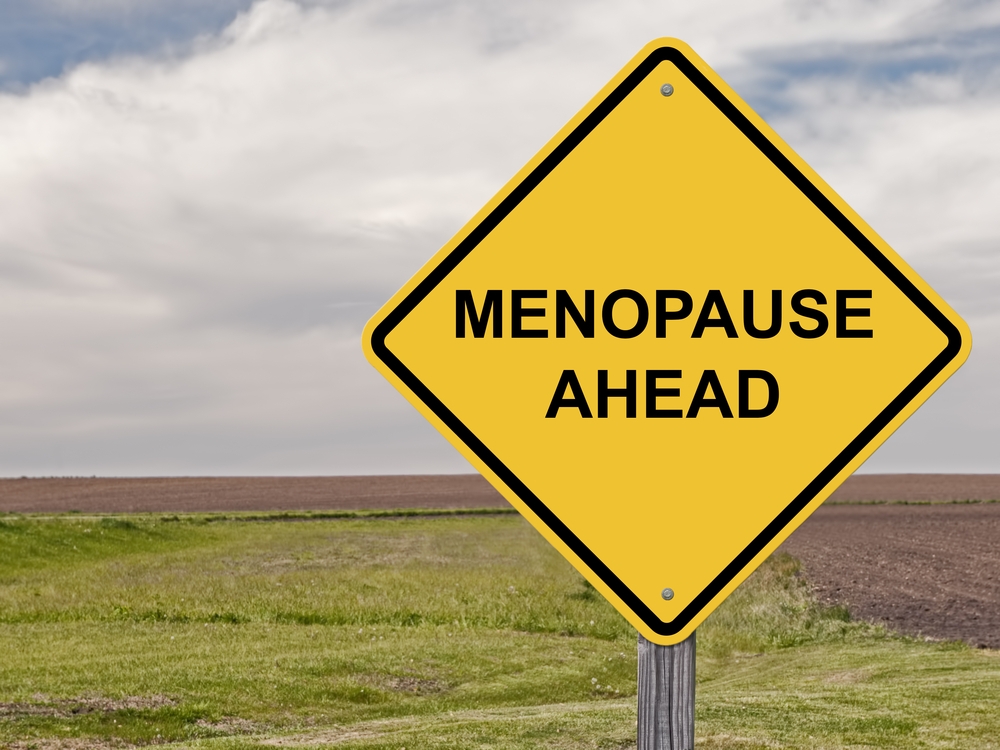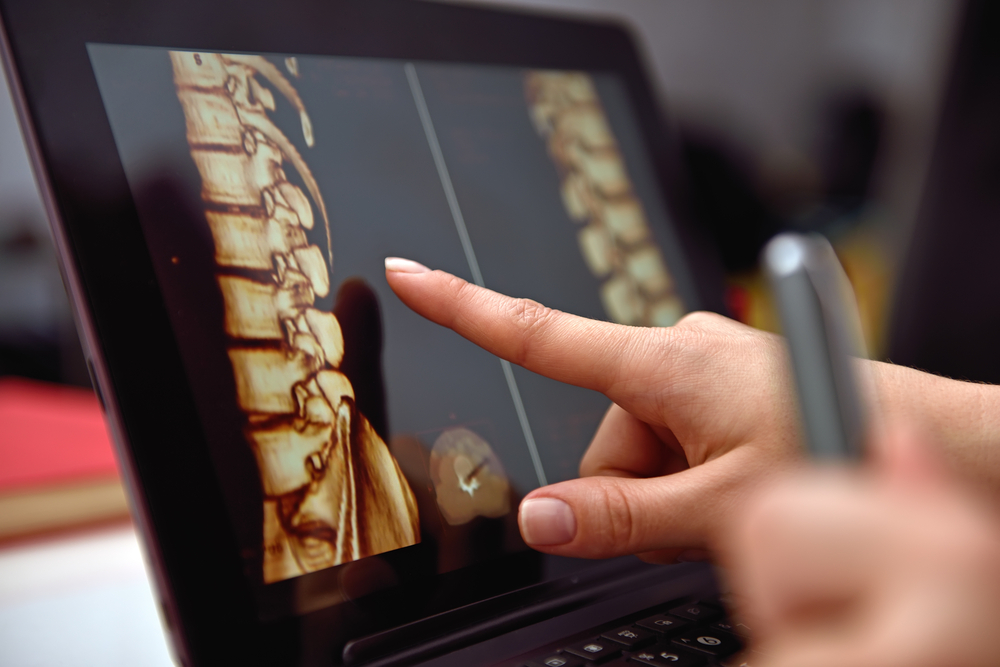
Hot flashes are a common menopausal symptom, with over 70% of women reporting them during the menopause transition; these may vary between individuals in terms of frequency and severity. Unfortunately, such symptoms have implications further down the line with data often suggesting that women experiencing hot flushes are at greater risk of poor quality of life, sleep problems and mood disturbances compared to those without hot flushes. Hot flushes are very often reported as the main reason that menopausal women first visit the doctor. There is ongoing discussion about the role of body weight and the occurrence of hot flushes during menopause. However, it is important to look at both sides of the argument when examining the role of weight gain and weight loss in menopause symptoms.
Weight & Menopause Symptoms
It was originally theorised that body fat was protective against hot flushes given that body fat is a site for the conversion of androgens to oestrogens, however, this has since been challenged.
Data indicates that increased weight and body fat during the menopausal transition is associated with higher reporting of vasomotor symptoms, including hot flushes. (Thurston et al., 2009). A pilot clinical study by Thurston et al., (2015) aimed to evaluate the feasibility, acceptability, and initial efficacy of a ‘behavioural weight loss program’ to reduce hot flushes. The group’s findings support the use of weight loss as a feasible and acceptable method for hot flush reduction. The next stage from here is a repeat study with a larger number of women to investigate this in more detail.
How Important is Weight Management?
Whilst there may be some uncertainty about the exact role of body fat in hot flush occurrence, we must not forget about the clinical significance of weight loss for improving lipids, insulin sensitivity and blood pressure. Additionally, we must highlight the importance of maintaining a healthy body weight at all stages in life, especially in the early menopause period with regards to how likely you are to experience vasomotor symptoms such as hot flushes. Gold et al., (2018) found that greater concurrent BMI and waist circumference were significantly associated with higher incidence of hot flushes and night sweats in early menopause. These findings highlight the importance of weight management from an earlier stage in life in order to prevent future symptoms during the early menopause.
Bone Health, Weight Loss & Menopause
Of course, it seems there is always a flip side, as it is well known within the medical and scientific community that weight reduction can lead to the loss of bone, particularly alarming for those with a family history of osteoporosis. However, before kicking off your trainers in favour of the sofa, it is important to distinguish between types of weight loss as moderate weight loss, in tandem with exercise training, is especially productive in maintaining and increasing bone density, unlike the yoyo dieting we often see.
Until recently, there was limited information concerning whether bone loss as a consequence of weight loss could be recovered if a woman was to maintain or regain weight. Such research is highly valuable and would have numerous clinical, public health and educational implications. So often, individuals across the world are reminded about the importance of losing weight to offset their risk for cardiovascular diseases, diabetes, cancers and stroke, but bone health is rarely mentioned.
Whilst weight loss is very often recommended for obese and overweight individuals, to reduce the risk of co-morbidities (additional diseases), weight loss in such patient groups still results in loss of bone mineral density (BMD). Von Thun et al., (2014) set out to determine whether this bone density reduction could be recovered in postmenopausal women who either maintained or regained their lost weight.
This research group found that overweight and obese postmenopausal women had reduction-induced bone loss immediately following weight loss and that even after regaining weight, BMD was not recovered. Specifically, they found that bone loss following weight reduction either continues or first begins at the trochanter, femoral neck and radius in postmenopausal women. These findings highlight the need for more prospective research studies in order to fully assess this critical time point following weight loss and prevent bone loss. Additionally, the type of bone loss is of particular importance in order to thoroughly evaluate fracture risk.
In Conclusion…
Despite the upcoming and sometimes confusing findings, one should still be aiming to reach a healthy weight and moving away from a sedentary lifestyle as soon as possible, taking up a variety of exercise routines (cardio, bone-loading) earlier on in order to promote cardiovascular, muscle and bone health. This, when enjoyed alongside a healthy and well-balanced diet with adequate protein intake and appropriate minerals and vitamins, will greatly improve lifestyle and help protect against certain menopause symptoms.
Struggling with menopause or worried about your symptoms? Book an appointment today with one of our doctors to find out how bio-identical hormones could help alleviate your menopause symptoms and improve your quality of life.





